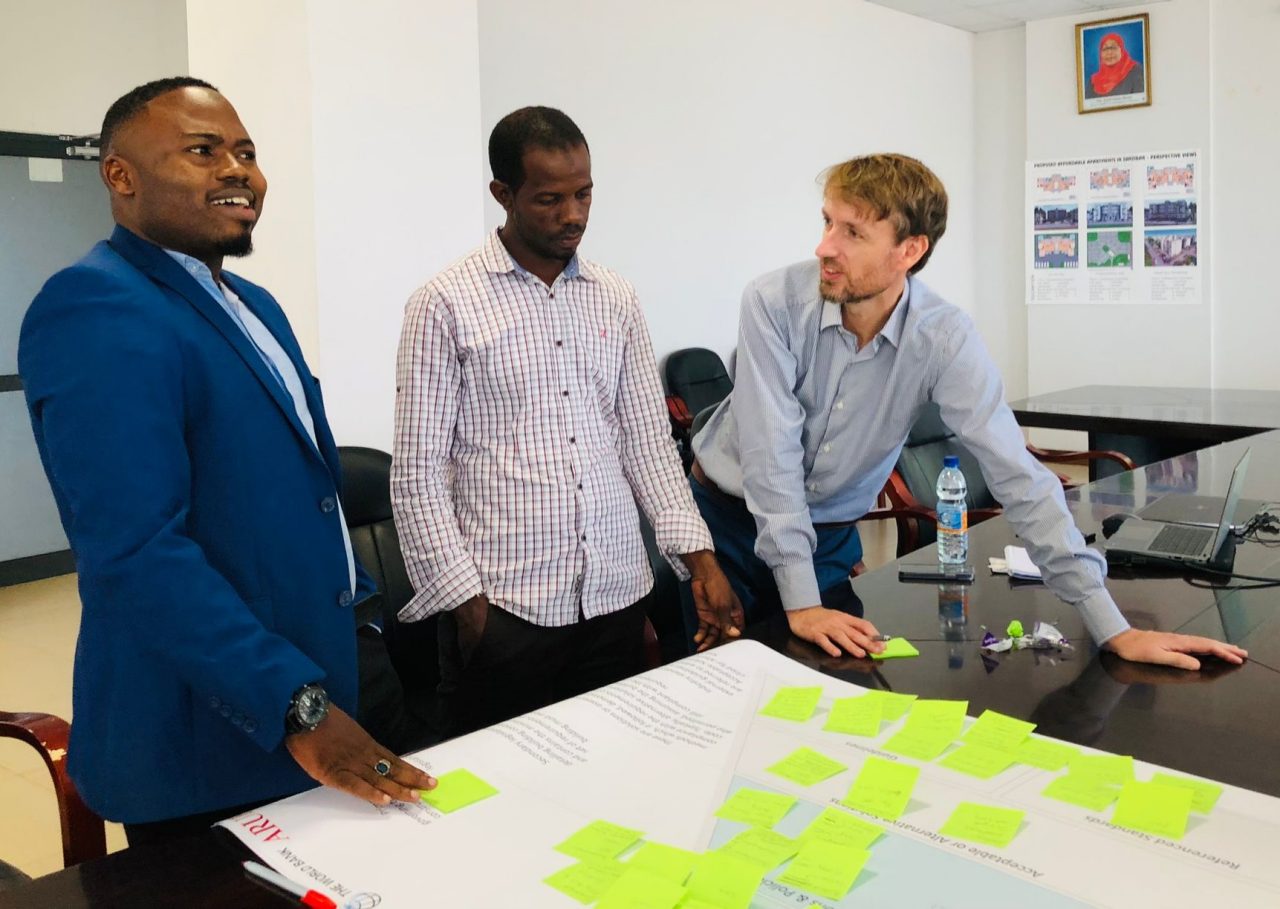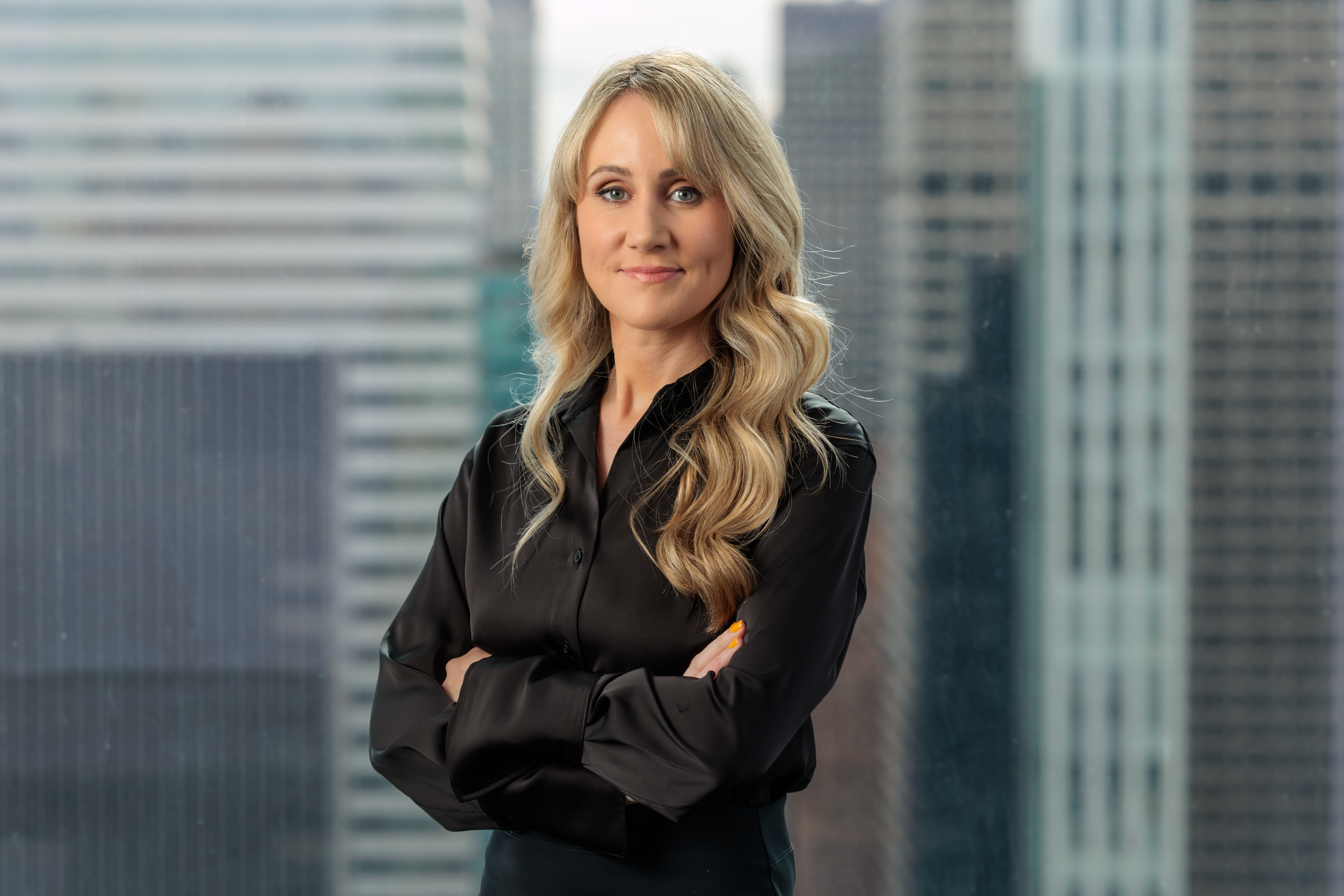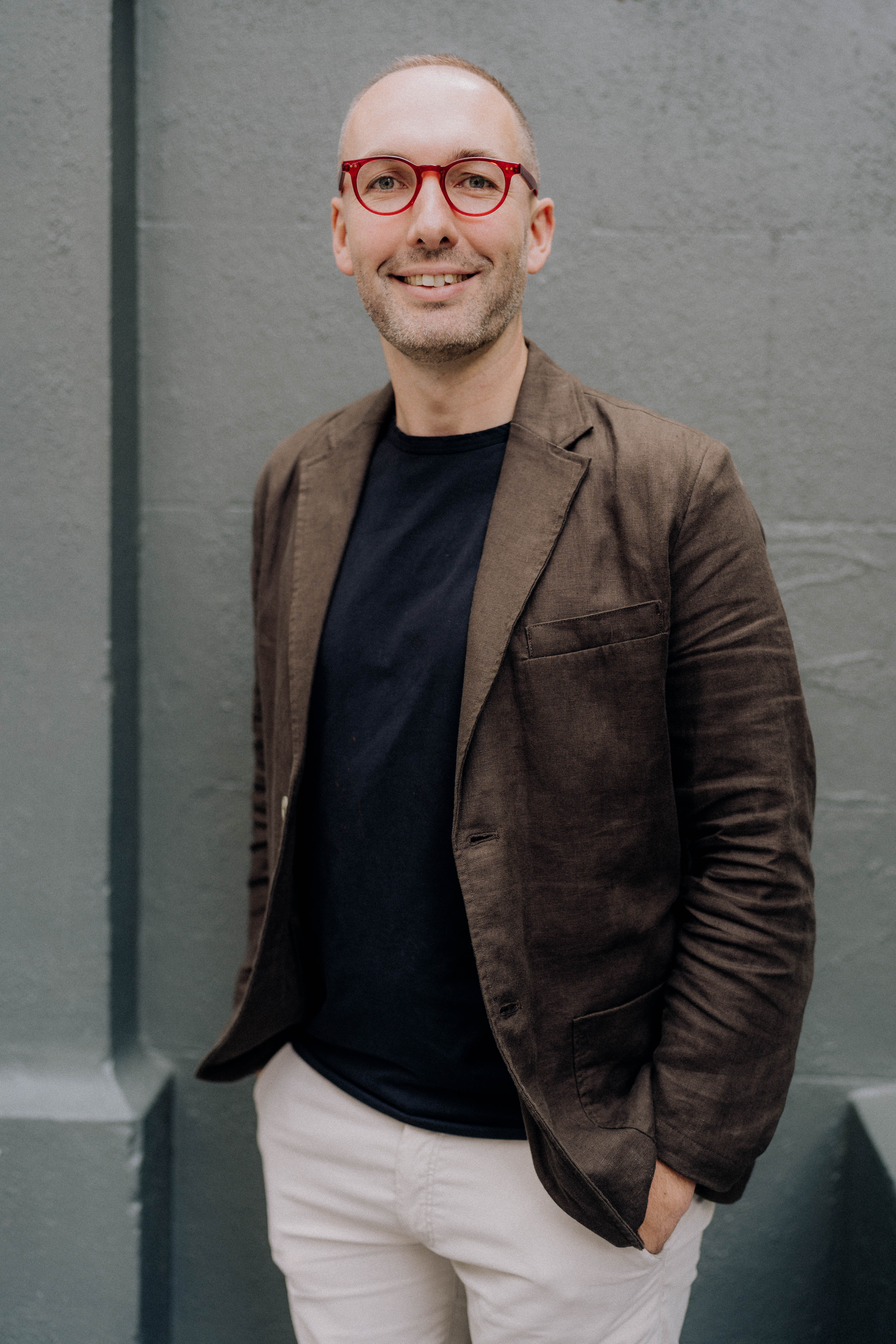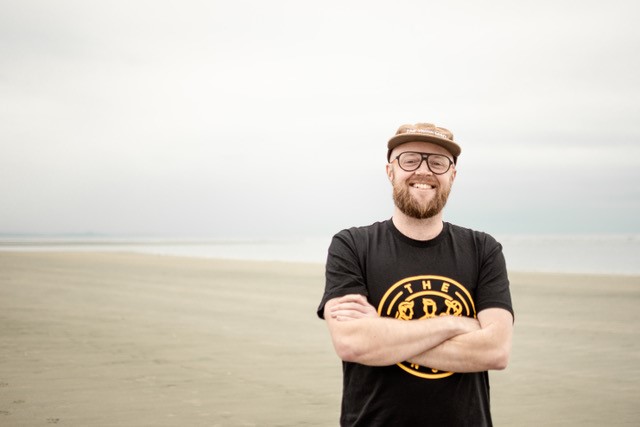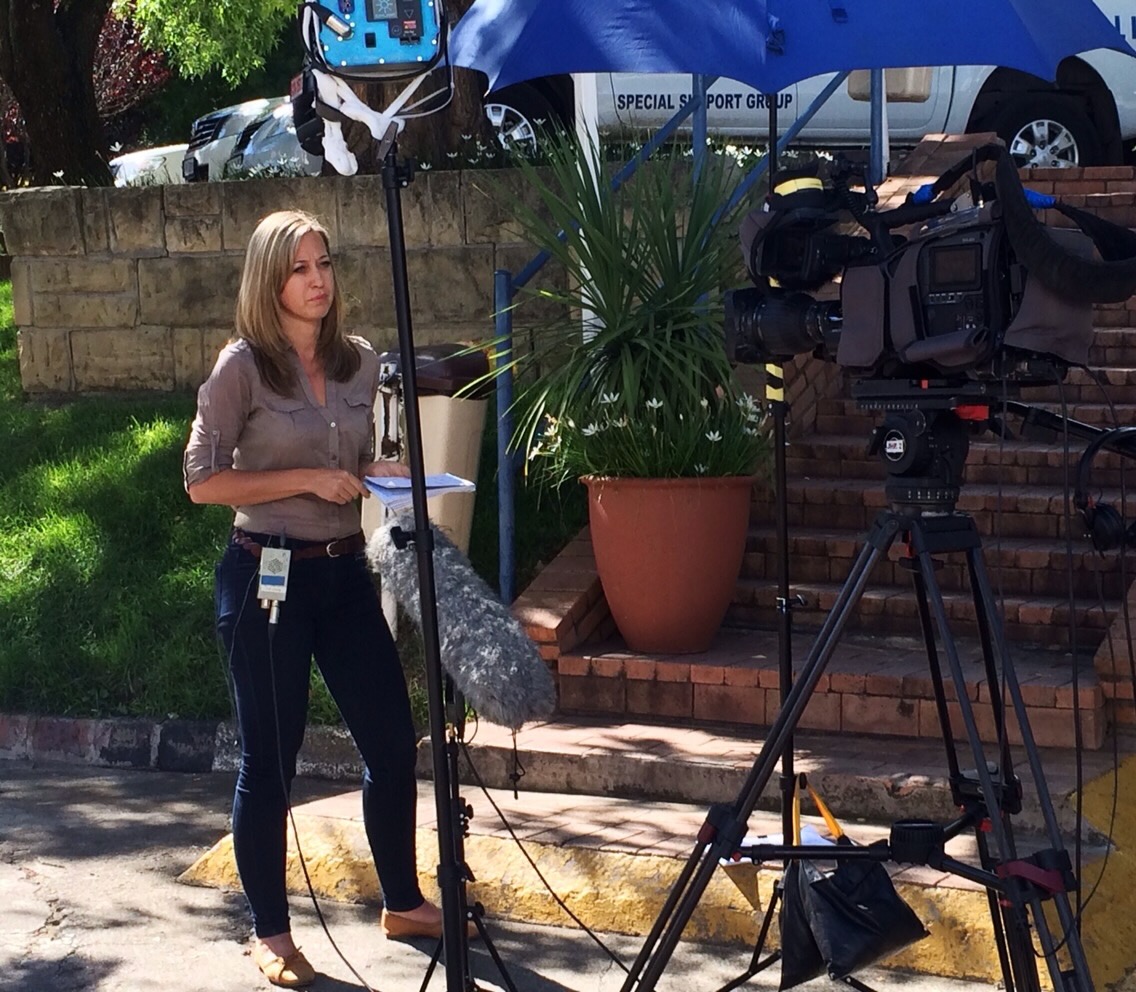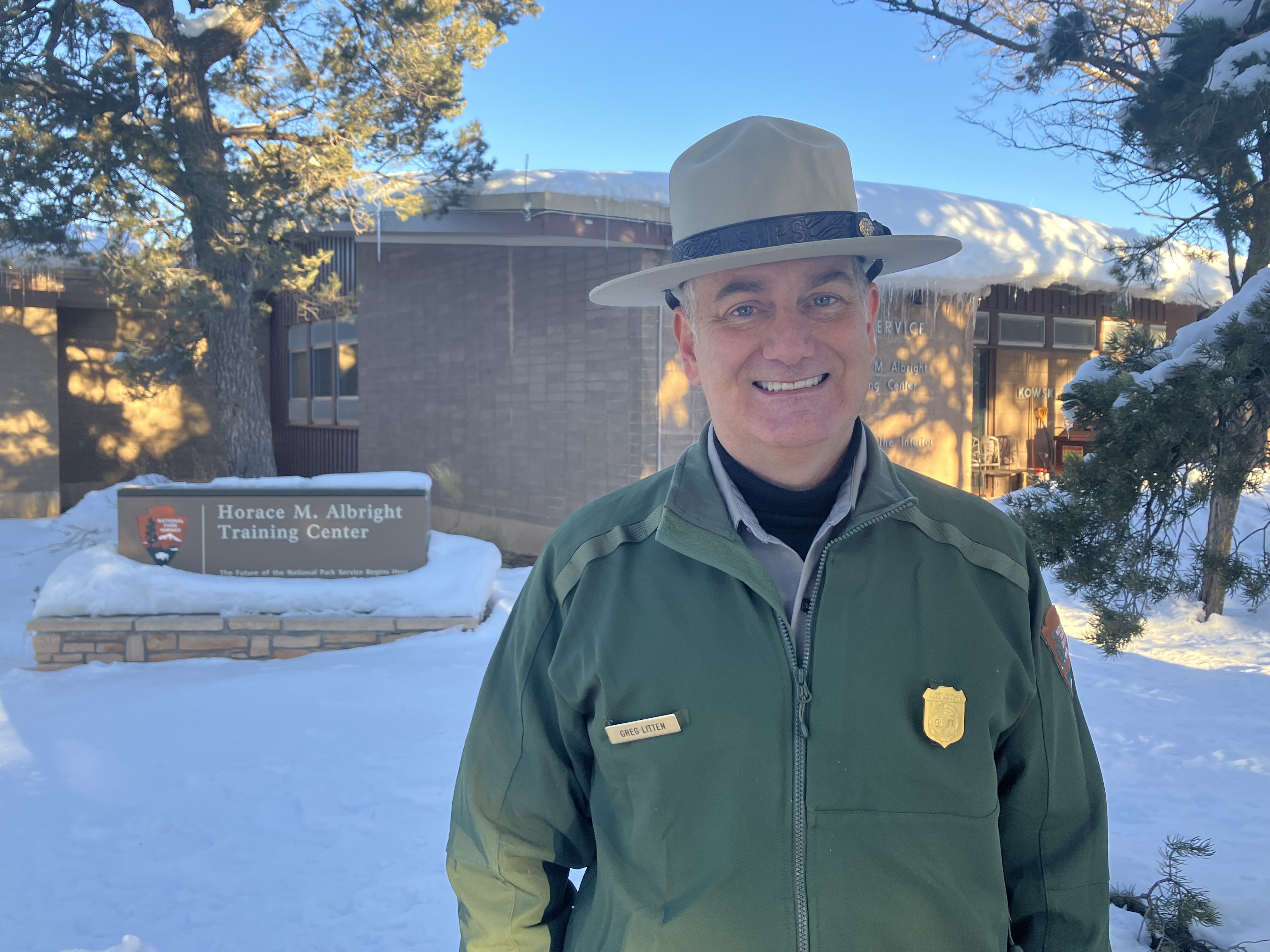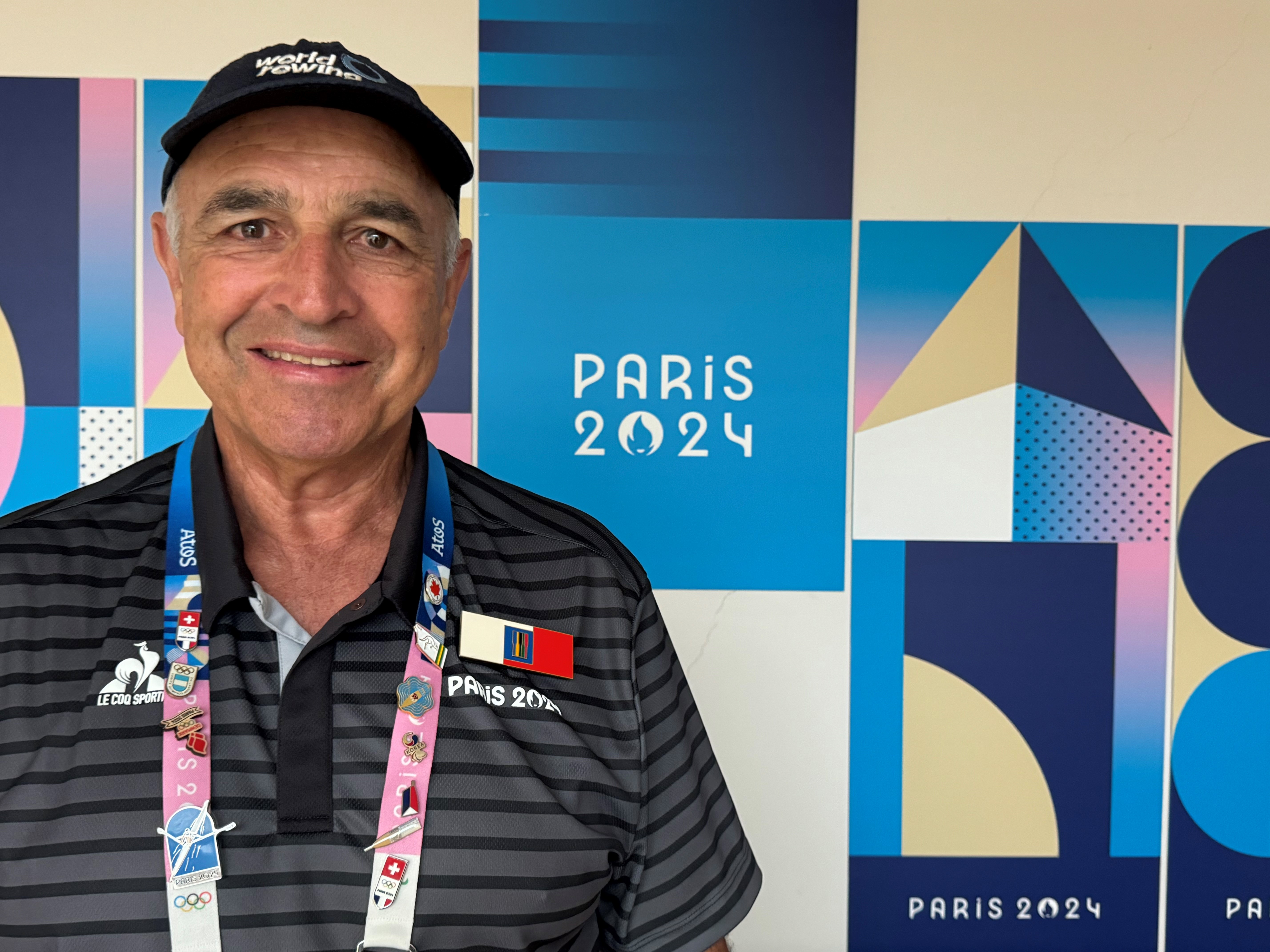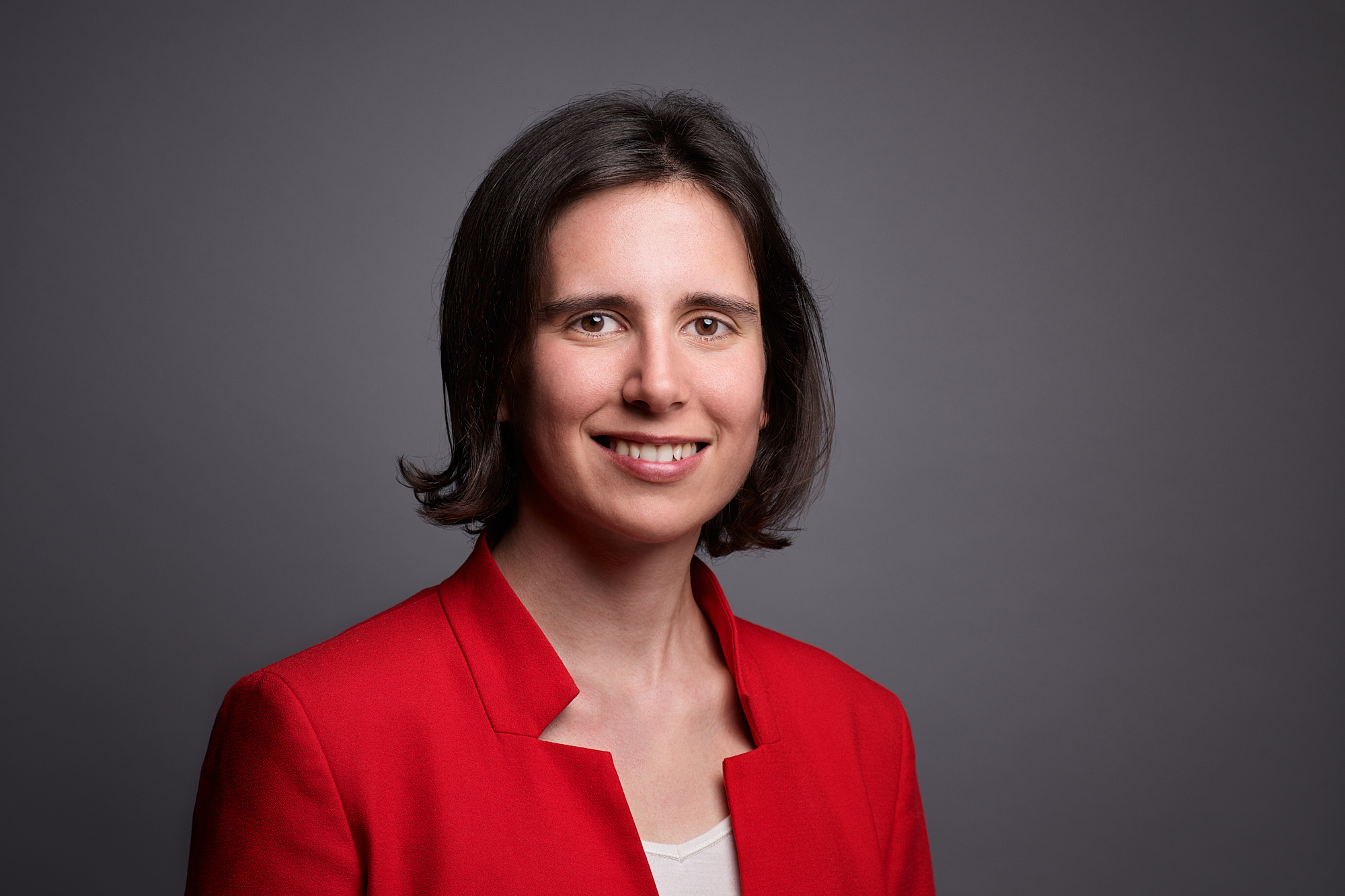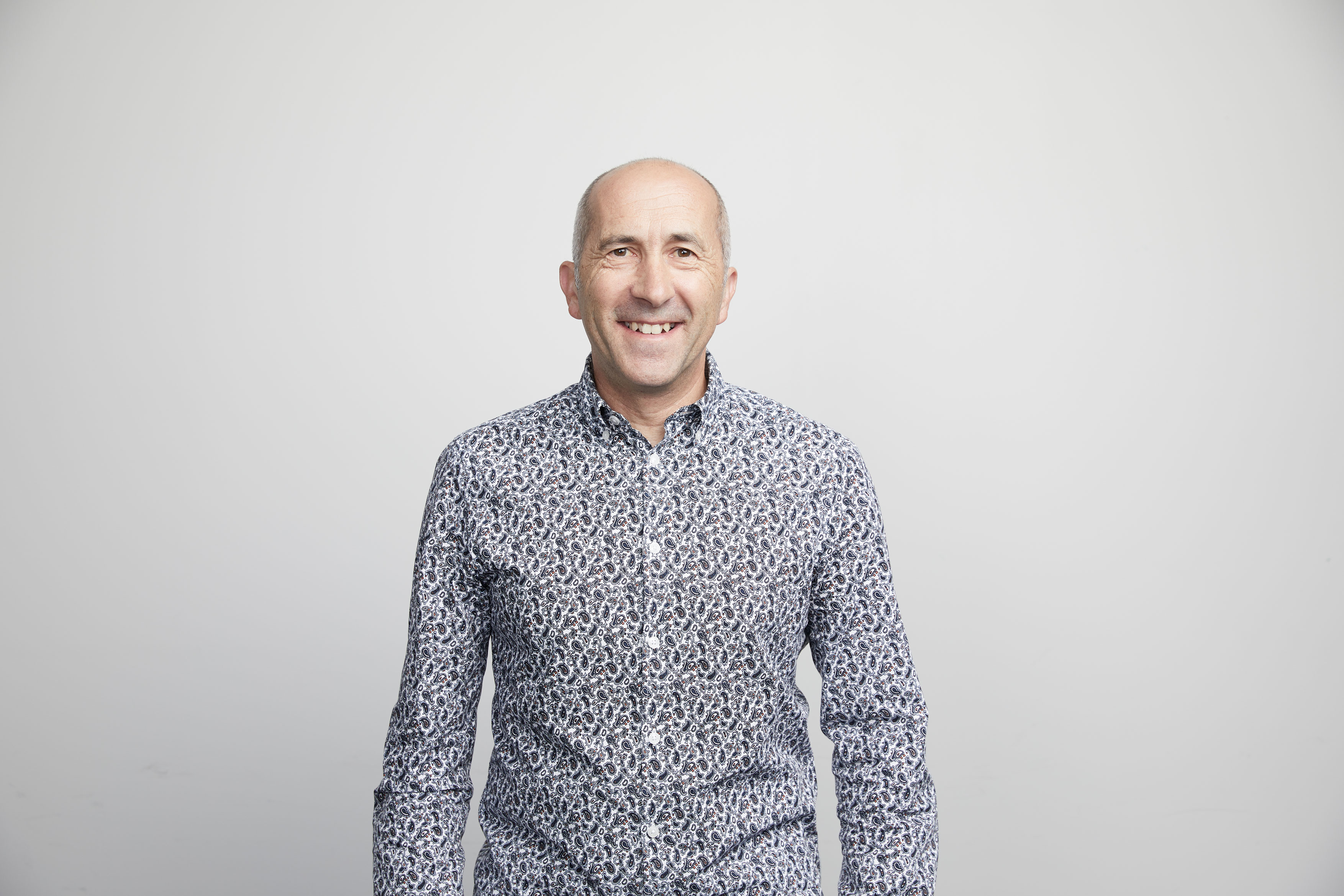My specific role as Global Seismic Skills Leader has been a three-year fixed term role, responsible for coordinating our Seismic Skills Network – a loose grouping of over 500 engineers and other seismic practitioners spread across our global offices. We develop and run training, set up inter-regional design reviews, plan and carry out research, and run community-building activities like global webinars. It has been a great opportunity to look beyond my immediate backyard, and compare best practices across Japan, the US, Europe and of course Australasia.
What got you first interested in Earthquake Engineering?
My father was a Civil Engineer (also a Canterbury alum), so I was aware that this was a good career path for someone with an interest in maths and science. In my final year at Canterbury, I was looking at study abroad programmes, and the late Professor John Berrill mentioned a new programme in Earthquake Engineering at the University of Pavia, Italy. Within a couple of weeks of hearing about the programme, I’d applied, and within a couple of months I was on the other side of the world. In New Zealand, Earthquake Engineering is a more integrated part of structural design (for good reason), whereas in Italy and especially the UK, where I’m now based, it’s much more of a specialist subject.
What have been some of your biggest career highlights and challenges to date?
One particular highlight was giving a presentation to the New Zealand Universities Graduates Association (NZUGA) here in London. I’d recently taken part in a reconnaissance mission to Christchurch after the 2011 earthquake with an organisation called the Earthquake Engineering Field Investigation Team (EEFIT), and NZUGA invited me to give a presentation about the earthquake to its members. The talk was on the top floor of New Zealand House, a tall building in Central London that gives great views over the surrounding area. It’s one of the only presentations I’ve given where I haven’t been able to use Powerpoint or other visual aids, so I had to be very creative describing earthquake damage and seismic design principles, including with the help of some small models (and strands of uncooked spaghetti and paperclips to demonstrate brittleness and ductility).
A general challenge I face is convincing clients and colleagues of the importance of seismic design! It governs a lot of structural design in New Zealand, but for my colleagues in the UK (often working on projects in seismic countries for the first time) it’s all new. In areas of lower seismic hazard, it can be just a simple check on an existing design, but in more active areas it can necessitate a whole different structural design.
How does living in London compare to Christchurch? Is there anything you miss from back home?
It’s incredible to think that I’ve lived in London for 17 years now, so it has probably just overtaken Lower Hutt as the metropolis I’ve lived in the longest. Since leaving New Zealand, I’ve also lived in Italy and the US, but London is much more familiar culturally. London obviously has lots going on – concerts, theatre, film, museums – and I do try to take maximum advantage of all of this (while navigating expensive childcare!). Since Covid, I’ve been getting back to NZ annually to visit family, so I manage to check in with the main kiwi culinary highlights (fish and chips, pies, Countdown jellybeans) fairly regularly.
Any highlights from your time at UC that you’d like to share?
I still consider my Engineering education at UC as strong as any I’ve been exposed to in the US, Italy and the UK. One highlight of the Civil Engineering programme was the annual bridge-building competition across the stream next to the engineering building. It was the first real practical application of our book learning that we did as part of the degree, and in some ways gave confidence that all the engineering theory we had been covering in class did actually work in reality. Other highlights included Ensoc events (my Ensoc mug is still in use, although the logo has almost worn off completely) and Friday nights at the Foundry.
What advice would you give to a new graduate looking to move and work overseas?
My path overseas was different to most NZ OEs, in that I came straight abroad after my studies finished. If you’re at all interested in postgrad, looking into available programmes and scholarships abroad can be a real eye-opener. I was quite a way through the process of applying to Master’s programmes in the US before the Italy option came up, and I’d also considered a Master’s programme in Japan. Otherwise, don’t be shy about using your existing contacts and network, but keep it polite and professional. Feel comfortable cold-messaging contacts-of-contacts on LinkedIn but recognise that they may receive a lot of similar messages and may not have time or inclination to respond.
Unfortunately, in many countries it’s become even tougher to get a work visa since I was starting out, so do what you can (especially ancestry, if relevant!) to secure a relevant passport or visa if at all possible. I’ve just been reviewing a number of CVs for some graduate roles at Arup, and the quality of candidates is generally so high (at least by the time they’ve been filtered by our HR department) that it is important not to create obstacles to hiring you!


